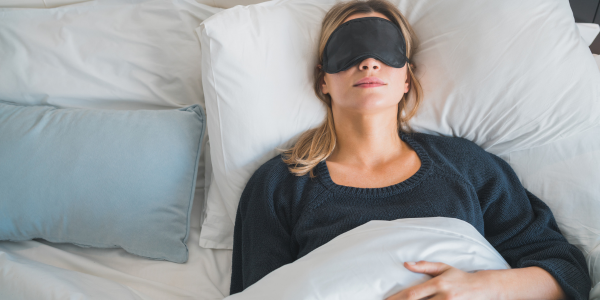Hormone imbalances during menopause can disrupt sleep patterns and cause insomnia. Bioidentical hormones or melatonin may improve sleep quality.
Menopause the Musical-A Personal Review
A woman shares her thoughts on “Menopause the Musical,” which debuted in 2001 and features 4 women who sing about the struggles of menopause.
Belmar Pharmacy Takes a Look at Menopause at the Office
Are you struggling with menopausal symptoms in the workplace? Learn steps to take, including bioidentical hormone replacement therapy.
Menopause and Cholesterol: Belmar Pharmacy Explores the Estrogen Connection
During menopause, dwindling estrogen affects cholesterol and may lead to heart disease. Using bioidentical hormones to replace estrogen may help.
3 Things Your Doctor Isn’t Telling You About Hormone Replacement Therapy and Menopause
Doctors receive little to no training in menopause medicine. Learn 3 important things about hormone replacement therapy that your doctor may not know.
Menopause and You: Belmar Pharma Solutions Explains Why Hormones Aren’t Linear
Menopause is different for each woman. Learn about the stages and symptoms of menopause and the potential benefits of bioidentical hormone replacement therapy.
Belmar Pharma Solutions’ Medical Director Dr. Angela DeRosa Teaches Us How To Take Charge Of Menopause
Addressing menopause based on symptoms and lab tests ignores the root cause. Dr. Angela DeRosa advocates an integrative approach to hormonal health.
Perimenopause: Tracee Ellis Ross Isn’t Wrong About the Lack of Information
Going through perimenopause? Get tips for managing symptoms and breaking the stigma surrounding this transition period leading up to menopause.
DHEA and Hormonal Imbalance: A Belmar Pharmacy Guide For Women
DHEA converts into other hormones like estrogen and testosterone. Low DHEA causes symptoms like fatigue and joint pain, but supplementation can help.
All About Brain Fog and Menopause: What It Is and How To Deal With It
Brain fog in menopause may be forgetfulness, slow thinking, or lack of concentration. Lifestyle changes and hormone therapy can help manage brain fog.










